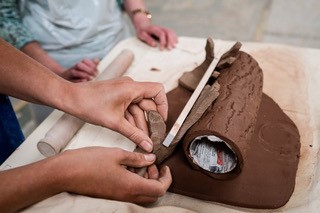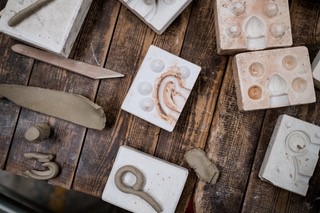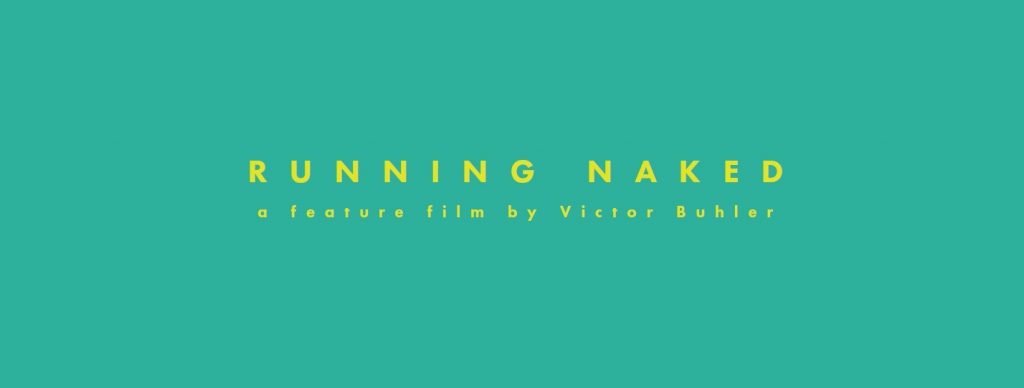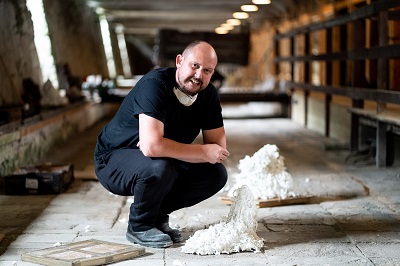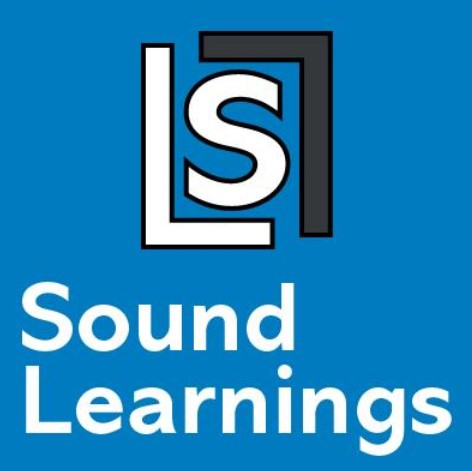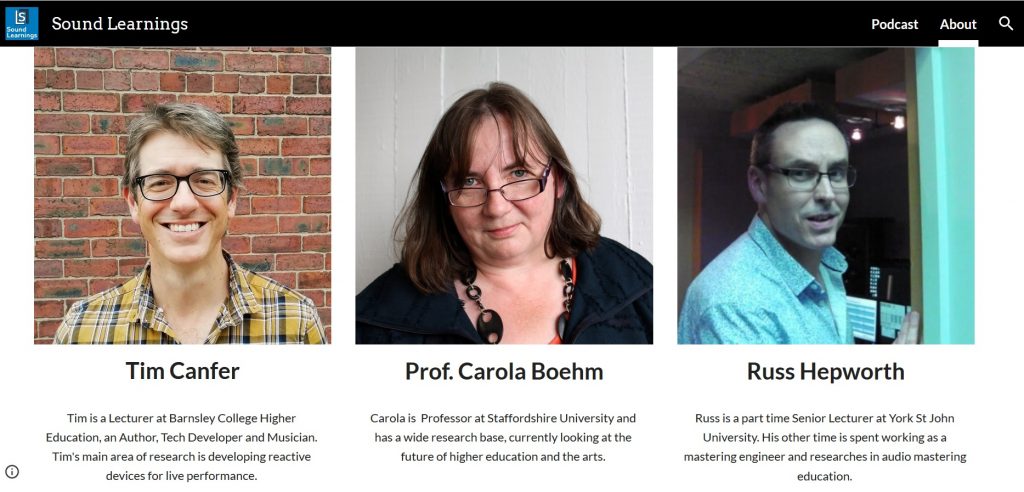When: November 13th, 10:30-11:30am – BOOK HERE
Where: Zoom, once you register a Zoom link will be shared with you by email
Cost: Free
About this Event
What is this session about?
In this session, we will hear from experienced Designer Reiko Kaneko and Studio Ceramics specialist Jason Wood of Adam Partridge Auctioneers, Macclesfield, about planning, pricing, and how to sell to retail and through auction.
Reiko Kaneko will speak from her years of experience as a designer and selling to retail, she will give you insight into the elements she has found to be important. She will share more about planning and how to sell to retail, pricing structures and all of the relevant paperwork and details you can think about and plan for before making the leap.
Expert Jason Wood demystifies selling at auctions for creatives including what is it, how it works, what to consider when pricing for auction and the opportunities it presents for creatives when selling their work.
Who is this for?
People who want to know more about how they can sell to retail and/or auction houses and how it all works.
People who are already selling through retail and/or auction houses and are seeking some advice.
Students or people who are early in their career and want to start thinking about how they can set their creative business up for success and get a head start on the things they need to consider for pricing and selling.
Who’s delivering?
Reiko Kaneko – Ceramicist, Designer and Educator
Reiko Kaneko is a ceramicist, designer and educator based in London. She works at various scales in a range of typologies, designing both products for manufacture and bespoke pieces for commissioned projects. The focus of her working practice is on mastery of material and form. After graduating from Central Saint Martins School of Art and Design, she founded a creative studio in London in 2007. Initially building up a client base for her small-batch production ceramic designs, she began to take on bespoke commissions from 2009 onwards, creating tableware, glassware and teaware for prestigious restaurants and galleries.
In 2012, with the expansion of both knowledge and business scale in mind, she took the step to move to Stoke-on-Trent, the traditional home of industrial-scale pottery manufacturing in Britain. The possibility of controlling all aspects of her studio’s output, from how everything was made to finessing all parts of the supply chain had great appeal. Reiko immersed herself in the fabric of what industry remained in the city; able to experiment and work in an environment rich with knowledge and understanding.
In 2017 she returned to London to build a garden studio and to work within the creative energy of the city again. She has continued to run the Stoke-on-Trent studio at a smaller scale and in 2018 began teaching part-time on the MA Ceramics course at Staffordshire University. Reiko is a passionate advocate of both creativity in education and industry. Her focus has been on developing the skills needed to be a thoughtful and productive creative practitioner. Her approach is open, her knowledge is just beginning and like many of her generations, she feels it is time to affect change.
Jason Wood – Archaeologist, ceramics collector and Specialist Consultant in Studio Ceramics for Adam Partridge Auctioneers.
Jason has enjoyed a successful career in archaeology and heritage, becoming Chairman of the National Trust of Archaeology Panel and a member of various other heritage institutes including the Society of Antiquaries. He joined Adam Partridge Auctioneers & Valuers in 2014 to follow his long-time passion for 20th-century handmade ceramics, at which point he made the transition from digging them up from the earth to discovering them in the houses of private clients and has since curated over ten specialist Studio Ceramics & Modern Design sales, including the hugely successful Alan & Pat Firth Collection in 2015 and the Leonard & Alison Shurz Collection in 2020. When he is not striving to put together his sales, Jason still works in the heritage sector and has catalogued the National Trust collection of Studio Ceramics.
This event is supported by Factory – Staffordshire’s business support programme for the creative sector – but is free for any UK artists, arts organisation and recovery services.



